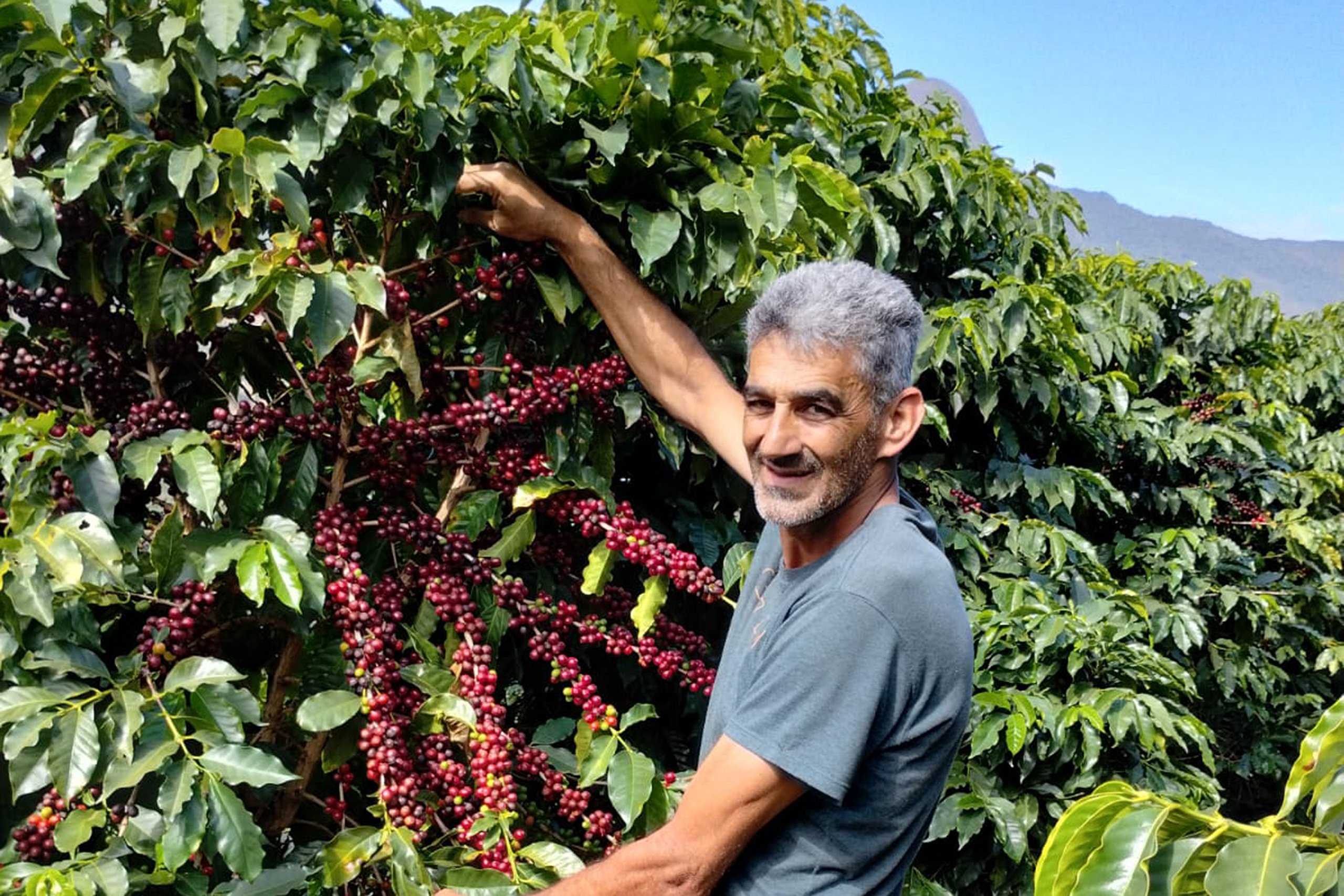BRASÍLIA, October 28, 2025 — As the world’s appetite for coffee continues unabated, common farming practices designed to boost production are becoming self-defeating, according to a non-profit watchdog group.
In Brazil — the world’s largest coffee producer — coffee farming is fuelling deforestation, which in turn is making it increasingly difficult to grow the crop, a new report has found.
Between 2001 and 2023, more than 1,200 square miles of forest were cleared in Brazil’s key coffee-growing regions, according to Coffee Watch, which conducted the study using satellite imagery, government land-use data and a forest-loss alert system.
Overall, more than 42,000 square miles of forest have now been lost in areas with a high concentration of coffee production, the report said. This includes both direct forest clearance for coffee plantations and indirect loss linked to roads, infrastructure and related development.
“Coffee has effectively punched a Honduras-sized hole in Brazil’s forests,” said Etelle Higonnet, founder and director of Coffee Watch, noting that the Central American nation is roughly the same size as the total area lost.
While coffee is not the leading driver of deforestation in Brazil — cattle ranching remains by far the biggest culprit — Higonnet said coffee’s role has been largely overlooked.
Scientists have long shown that deforestation leads to reduced rainfall in tropical regions. Trees absorb and release moisture, helping to generate clouds and rain; removing them disrupts this cycle, leading to drought — and drought, of course, makes it harder to grow coffee.
“When you destroy the forest, you’re also destroying the rains — exactly what your crop needs to survive in the long term,” Higonnet said. “Even for people who aren’t particularly concerned about climate change or biodiversity loss, if they care about having coffee in the future, this should alarm them.”
The report notes that most of Brazil’s major coffee-producing regions have experienced rainfall deficits in the majority of the past ten years.
Farmers, however, continue to expand cultivation to meet what Aaron Davis, senior research leader in crops and global change at the Royal Botanic Gardens, Kew, calls the world’s “insatiable demand for coffee”.
“To produce that coffee, you need land — it’s as simple as that,” Davis said.
He described the report as “timely and useful”, adding that it “will help provide metrics on deforestation and begin the conversation around how coffee production influences forest loss”. Davis was not involved in the study.
Higonnet credited the current Brazilian administration, led by President Luiz Inácio Lula da Silva, with making progress in tackling deforestation. Brazil’s Institute of Environment and Renewable Natural Resources, which works to prevent forest loss, did not respond to a request for comment.
Higonnet said she hopes the report will prompt coffee companies to refuse to buy beans grown on deforested land. The US-based National Coffee Association, which represents the coffee industry, also did not respond to a request for comment.
More sustainable coffee-growing methods — such as cultivating under shade trees and diversifying crops — are available, though these practices typically yield less coffee than industrial farming. According to Coffee Watch, most of the coffee-growing areas it studied in Brazil are not using such agroforestry methods.
Davis said greater incentives are needed to reward farmers who adopt sustainable practices, adding that responsibility for change extends to consumers as well.
“For coffee drinkers,” he said, “there needs to be awareness and a mindset shift about the environmental implications of what we buy.”
Buy your copy of thecooperator magazine from one of our country-wide vending points or an e-copy on emag.thecooperator.news
